
Fall Checklist for Preparing Your Horse Property for Winter
Use this checklist of fall horse property chores to better prepare yourself and your horses for the upcoming winter months.
Design and maintain a healthy horse operation

Use this checklist of fall horse property chores to better prepare yourself and your horses for the upcoming winter months.
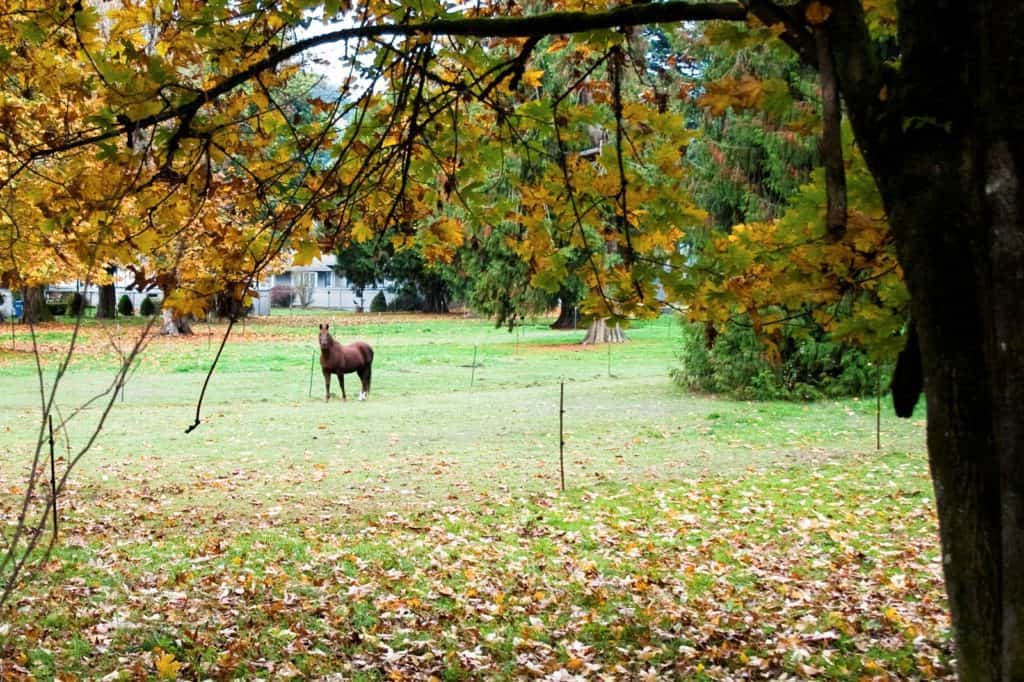
Is it okay for my horse to eat leaves that have fallen from trees in his pasture?

Signs your horse has eaten foxtail and how to mitigate it in your pastures.

The president of Technical Large Animal Emergency Rescue offers her tips for keeping your horses safer.

Grazing horses at night can help keep them at a healthy weight and reduce their sugar intake.

Researchers have determined that limiting horses’ access to hay might make them more likely to engage in abnormal and aggressive behaviors.
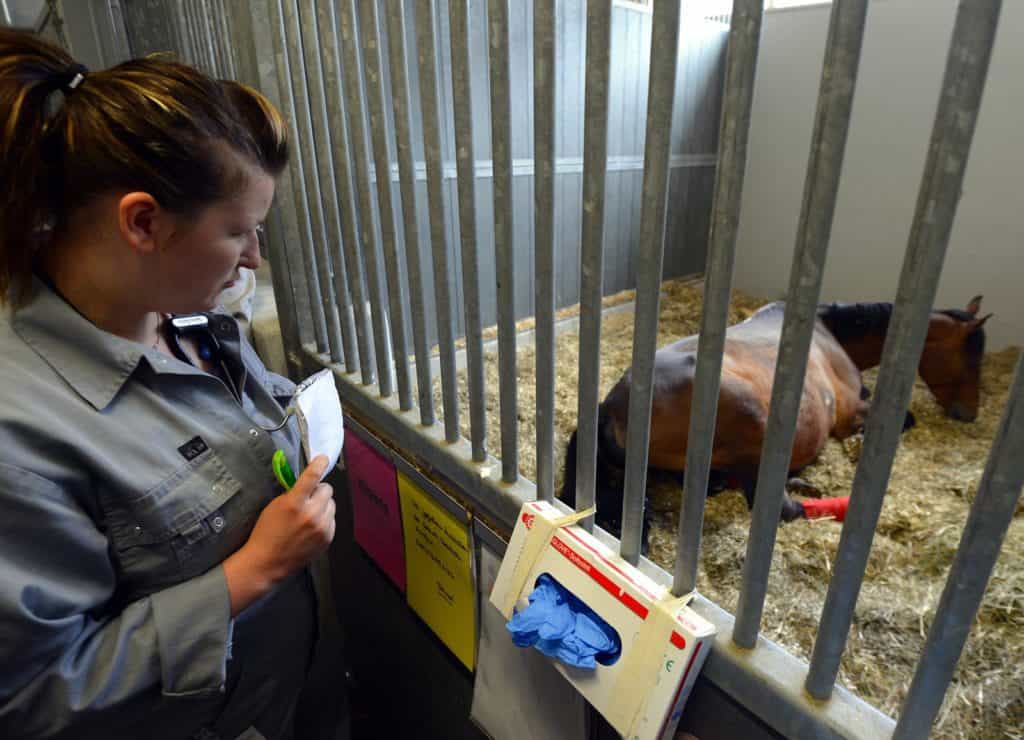
Discover what you should do to prepare for a colic episode, considerations to make, and things to keep in mind after surgery.

How to design a multitiered insect control plan to combat flies, mosquitoes, midges, and more.

Pasture maintenance is necessary for controlling weedy grass species that can be dangerous to horses.
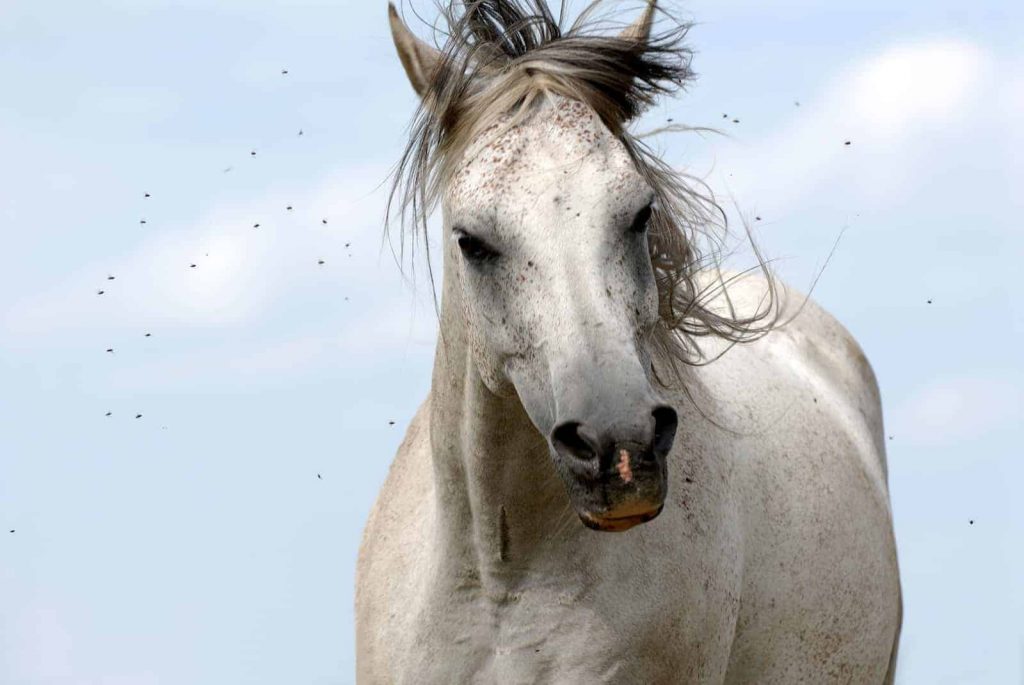
Practicing smart insect control tactics year-round can help you keep populations under control.

Insect-bite hypersensitivity can become a serious issue for horses that react to fly and midge bites.
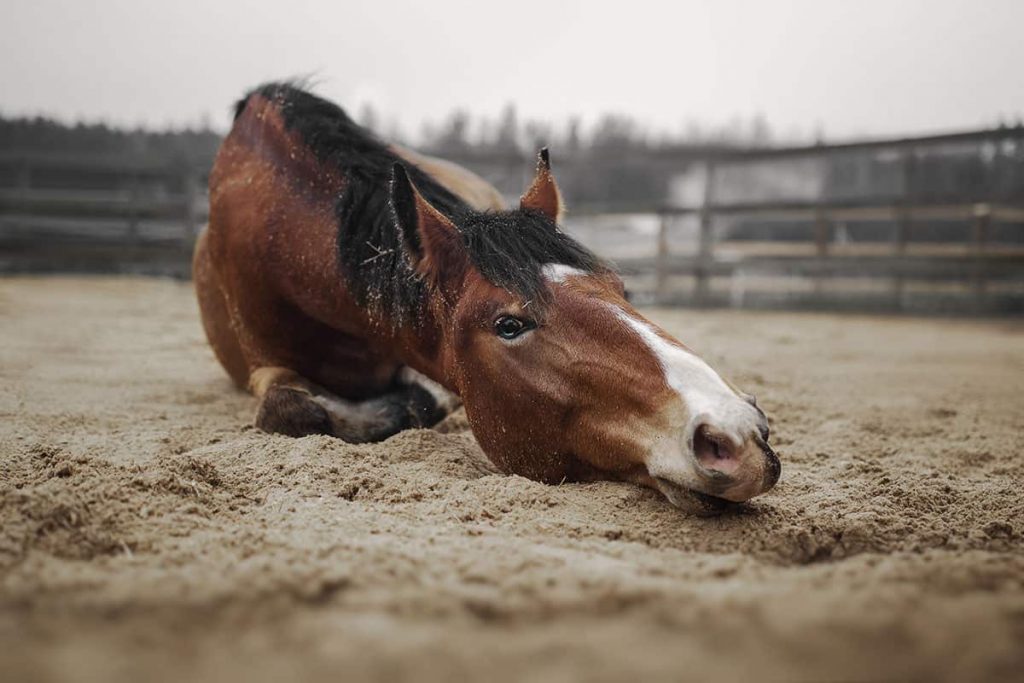
Here’s what you need to know about turnout location, fencing, footing, and enrichment for horses on smaller properties.
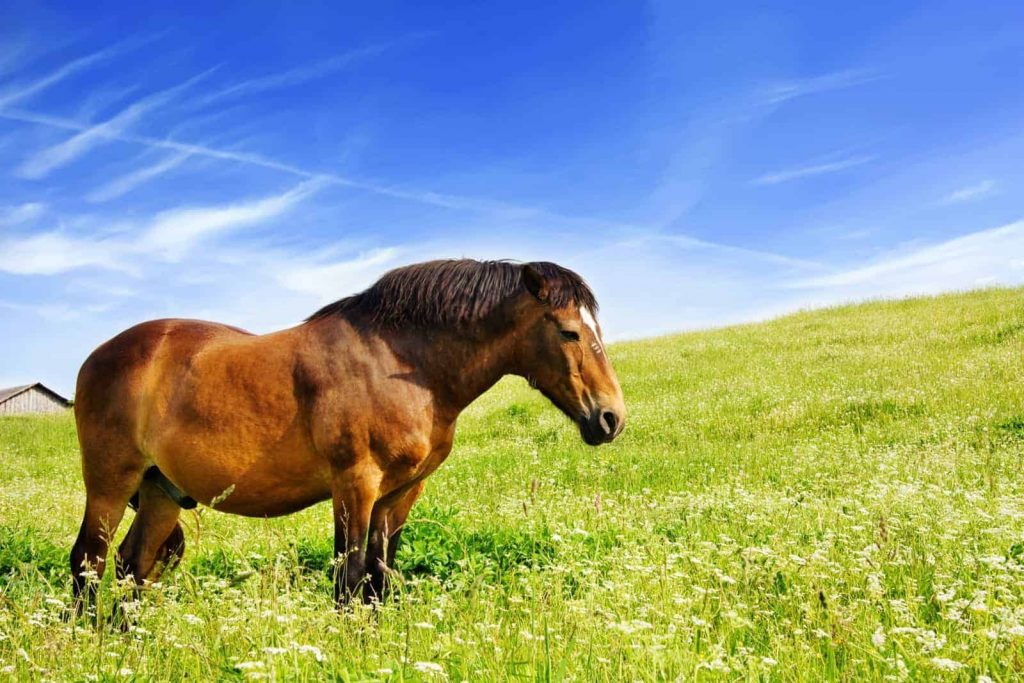
Caring for easy-keeping horses can be challenging. Learn how to manage your easy keeper safely and effectively.
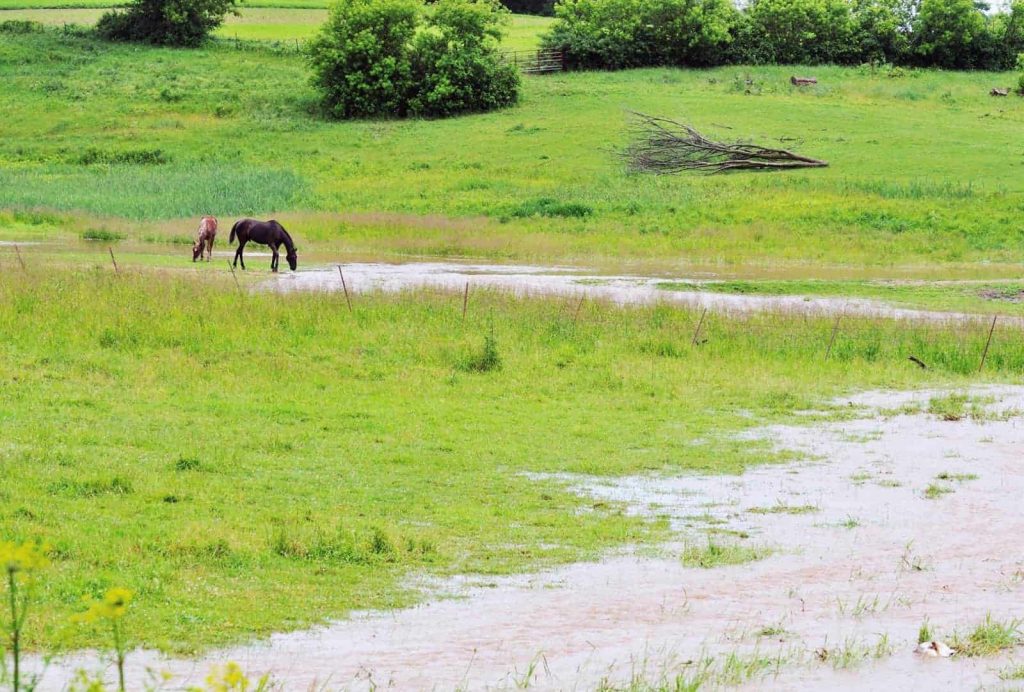
Improving drainage and diverting water runoff will help keep your horses and farm safe.

Recurrent airway obstruction is a medical condition, but feed changes might help your horse breathe better.

These practices will help minimize odors on your farm to keep you, your horses, and your neighbors healthy and happy.
Stay on top of the most recent Horse Health news with
"*" indicates required fields